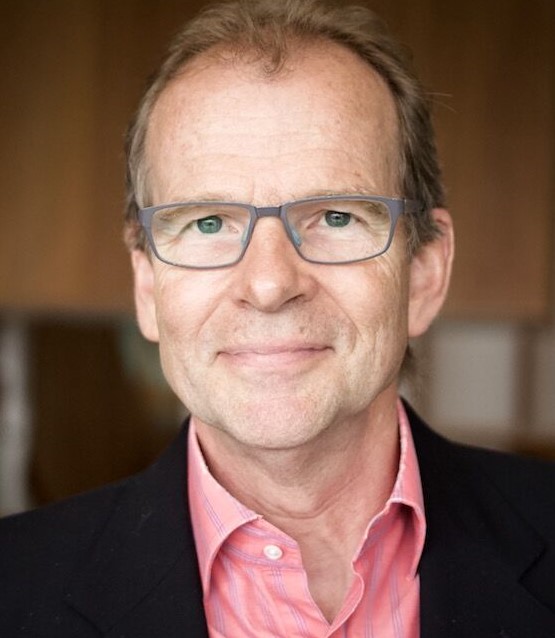Donald Lancaster is Director of Studies, Executive MBA programmes, and a Teaching Fellow and Doctoral Researcher, Marketing in the School of Management. Donald came to the University recently after an established international advertising career. He has worked in ad agencies big and small, starting in London and expanding to Scotland, then the Middle East, the Far East, Asia Pacific, Germany and finally London again. His clients have included such brands as Mars, Unilever, P&G, HSBC, Beefeater Gin, Stella Artois, Mazda, Toyota and even Aston Martin. Donald has championed marketing strategy and multi-channel communications, content creation, and evaluation across sectors, cultures and borders. His interests and experience in the field have led to guest-lecturing, doctoral research and now a full-time commitment to teaching tomorrow’s marketers.
What can you see outside of the window?
Physically, I’m really lucky: my office in 8 West looks out over greenery, trees and sometimes blue sky. There’s a trickle of people walking by, sometimes chatting, picnicking, celebrating, or even sunbathing. Who’d have thought this is a place to work!
What does your average day at work involve?
I’ve always been insatiably curious. Unfortunately, that goes hand-in-hand with having a low threshold of boredom! Luckily, my day is rarely average, so I appreciate the variety I encounter. This ranges from mentoring Executive MBA students to writing new courses; from grading exams to working on marketing for the School; from developing our forthcoming London EMBA programme to making final edits to my doctoral thesis.
Why do you think teaching at your university is important?
I’ve been privileged to have worked in advertising for decades, all over the world. In that time I’ve met and worked with far too many people who include ‘marketing’ in their job title, yet didn’t deserve it. Marketing and thus advertising is a lot more than persuading folk to buy stuff they don’t need: it should (in my view) espouse a strong social consciousness, a positive purpose and a professional ethicality that’s too often missing. So if I can help to ‘raise the bar’ somehow for tomorrow’s business leaders, I’ll sleep more easily.
What do you hope the impact of your teaching will be?
Perhaps strangely, I’m not interested in ‘teaching’ in its narrowest sense. If I can imbue students with some enthusiasm and engagement with ideas, helping to build understanding and application of those ideas from theory into practice, I’ll be providing experiential value. Hopefully, I'll be helping in some small way to close the gap between academia and the world of practitioners.
Who has inspired you most in your teaching career?
As an undergrad, I was hugely inspired by the enthusiasm and charisma of Professor David Bellamy, whom I still recall fondly, despite the intervening years. Notwithstanding being a TV personality at that stage, he had time for us as students and motivated in me an enduring interest in the transferability of ideas.
"Hopefully, I'll be helping in some small way to close the gap between academia and the world of practitioners."
When did a lecture go wrong and how did you overcome it?
It’s almost always tech! You’d think by now I’d have learned not to rely on it, but despite taking almost every precaution it’ll still catch me out. In my first class of last semester (when I wanted to make a good impression) all was prepared on my laptop, backed up and tested, only to find that the designated room had different laptop connections, and the back-up wouldn’t read on that room’s PC. Fortunately, I could access an earlier version via email…
Recommend a book, film or album from the past year.
I’d recommend Chris Packham’s ‘Fingers in the Sparkle Jar’, an autobiography of amazing humility and frankness, written with extraordinary and electrifying use of language. To quote The Guardian, “he is passionate, speaks his mind and is willing to stand up for what he believes in”.
What is the biggest change that you've made to your teaching since you started your career?
When I began, I had virtually no teaching experience, so I naturally adopted an authoritarian style of pedagogy of 'telling' – which was doubtless somewhat dry. Since then, I’ve been trying to increase the experiential, contributory and unpredictability aspects which, although scary, are more engaging for students and mentor alike.
What piece of advice would you give to someone just starting out in teaching at your university?
Respect your students, and they’ll respect your subject.
What three things would you take to a desert island?
My dog, a selection of arable seeds, and Alexa (to satisfy my curiosity).
Respond



